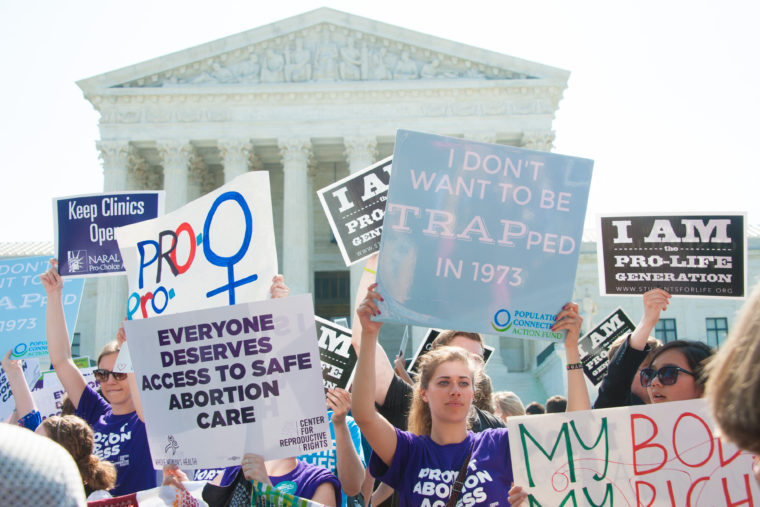The nomination of Brett Kavanaugh to the U.S. Supreme Court has renewed debate about the future of Roe v. Wade.
Mary Ann Dzuback, chair of the Department of Women, Gender and Sexuality Studies in Arts & Sciences at Washington University in St. Louis, suspects that conservative justices will continue chipping away at reproductive choice, rather than mount a frontal assault on the Roe decision that has stood since 1973. But she warns that by undermining Roe, the court risks its own reputation and authority.

“Roe has been attacked so persistently for the last four decades — and reproductive choice has been so limited, particularly for women without access to clinics and hospitals that offer both abortion and contraception — that I doubt the strategy will be to completely dismantle Roe,” Dzuback said.
“I suspect the court simply will continue to hear cases that further reduce reproductive choice for women, and it’s hard to predict how the majority will rule. At the same time, the majority of Americans support access to reproductive choice, so the court would be dismantling not only precedent, but also its own legitimacy with the American public by challenging women’s Constitutional right to privacy to determine their own medical treatment.
“I’m interested to see how women and their allies respond to this particular choice; the extent to which it will be challenged in the hearings; and the ways state governments will respond, should the court violate precedent in any future decisions about Roe.
“It’s especially galling for those of us who came of age before the Roe decision. We know — in our own bodies and among our friends — about what damage the lack of legal access to full reproductive rights, including abortion, can inflict on women, their families and their communities. Women without adequate economic resources are especially vulnerable. We also know that such restrictions would never be placed on men, which exposes as false the notion that women have all the rights and protections of male citizens of the United States.”
